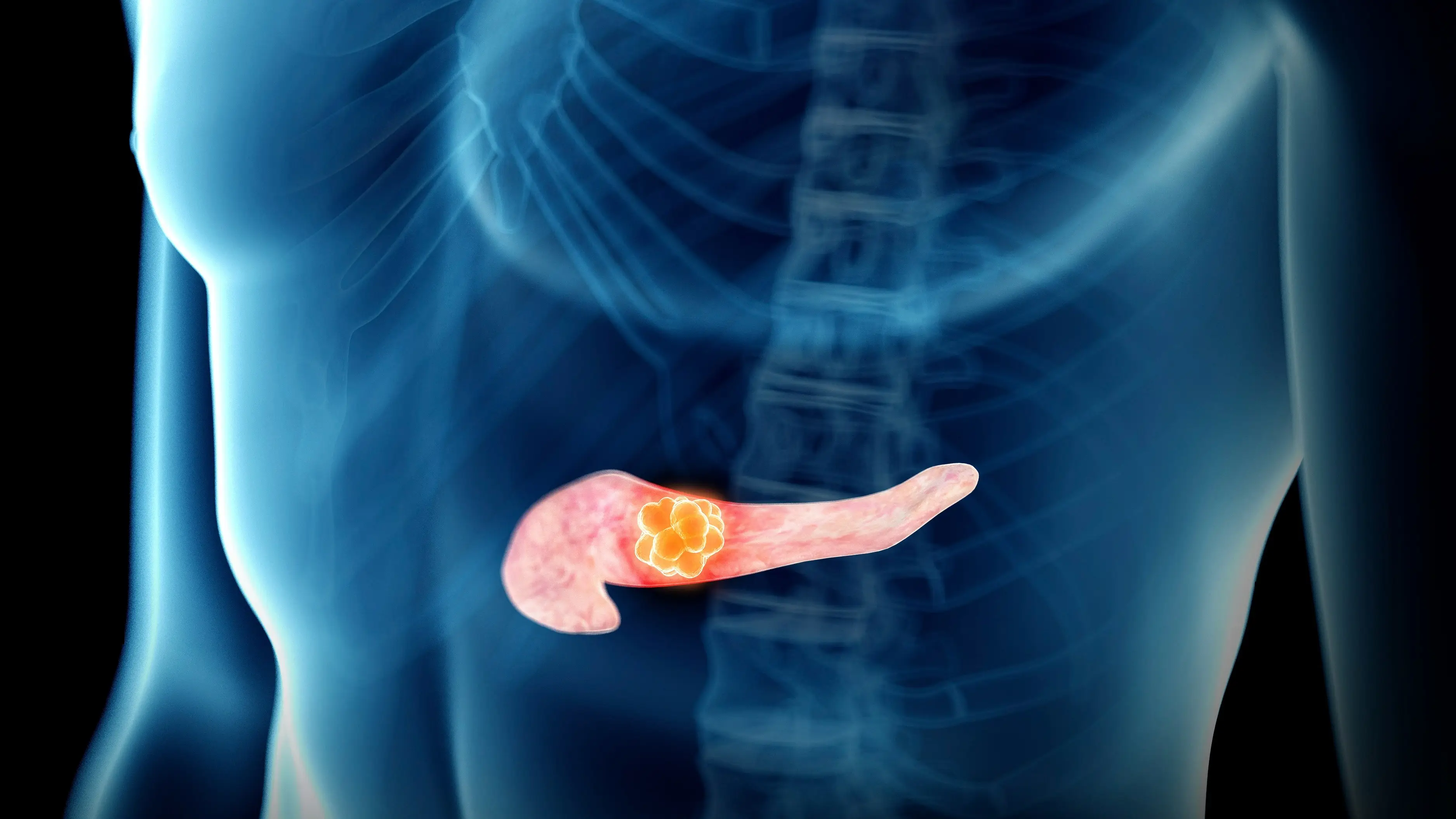
There are many things to avoid if you want to reduce the risk of cancer: smoking is the main offender, but what about things we should make sure not to miss?
Getting into a daily routine and building healthy habits is always a good thing, but it could be even more vital than we ever imagined.
If you're the forgetful sort or struggle with routine, it might be worth setting yourself a reminder.
Being sure to brush your teeth twice a day can do more for your health than just having pearly whites, scientists have found.
Advert
Sure, not having morning breath is a bonus, but it could help to stave off a far more serious condition.
A new study has found that failing to brush your teeth for the recommended time could triple your risk of developing cancer.

While you might assume it's oral or throat cancer, it's actually pancreatic cancer.
People who have harmful bacteria and fungi in their mouths are at an increased risk of developing the condition compared to those who brush regularly.
The study was carried out by the NYU School of Medicine, and they found that the bugs can be transported from the mouth to the pancreas via your saliva.
This is what increases the risk of pancreatic cancer.
Study co-author and population health expert Dr Richard Hayes wrote: "It is clearer than ever that brushing and flossing your teeth may not only help prevent periodontal disease but may also protect against cancer."
Some 122,000 people were included in the study, which took place over eight years.
Researchers identified three different oral periodontal pathogens, 20 additional bacteria, and four fungi.

The people taking part in the study provided samples after rinsing with mouthwash.
Of the 122,000 participants, 445 developed pancreatic cancer.
These patients were matched with 445 'control' participants, who were cancer-free. The average age was 67.
The authors found the culprits: "Oral bacterial periodontal pathogens—P gingivalis, E nodatum, and P micra—were associated with increased risk of pancreatic cancer. A bacteriome-wide scan revealed 8 oral bacteria associated with decreased and 13 oral bacteria associated with increased risk of pancreatic cancer.”
They added that 'oral bacteria and fungi were significant risk factors for pancreatic cancer development'.
One of the main types of bacteria which caused the most damage was Candida.
Pancreatic cancer sadly has one of the lowest survival rates, as it is often diagnosed late due to symptoms that often resemble other conditions.
These include itchy skin, darker urine and paler poo, as well as a loss of appetite and weight loss. It can also cause pain in your upper stomach and back, which may feel worse when eating or lying down and better when leaning forward.